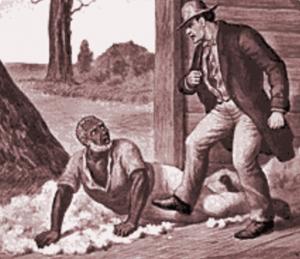The first thing that impressed us was that God reveals Himself in poverty. We se e this in the election of Israel, the people which was the bearer of the revelation. It was not because Israel was powerful, or because it stood out as a creative force in the cultural fold, that it was chosen as beneficiary and witness of the revelation. Israel was, on the contrary, small, and it was because of its smallness that it was chosen (see Deut 7:7; cf. 10:14-15; Ezek 16:3-15; 1 Cor 1:27).
e this in the election of Israel, the people which was the bearer of the revelation. It was not because Israel was powerful, or because it stood out as a creative force in the cultural fold, that it was chosen as beneficiary and witness of the revelation. Israel was, on the contrary, small, and it was because of its smallness that it was chosen (see Deut 7:7; cf. 10:14-15; Ezek 16:3-15; 1 Cor 1:27).
Very quickly, though, we came to see that there was, on the part of Jesus, a certain predilection for the poor, that there was a certain identity, confirmed by His own words, between Himself and them.
It is quite true that we cannot, in the name of the Gospel, somehow canonize poverty in the economic sense of the word. If this were required, we would have to maintain men in that condition of poverty. But, as the Fathers, the theologians, and the popes have often said, the Gospel does not require that the poor exist so that the rich can practice mercy: it would be far better if there were no poor! The Gospel does not canonize material poverty. Still, one cannot reduce its message to an exaltation of poverty in spirit. Certain facts, certain statements resist any such process. Jesus Himself chose first to lead a laborious life, than a poor life, without assurance of resources. And the apostles, too, to whom it was said: “Blessed are you poor” (Lk 6:20), were next told: “Blessed are you that hunger now, for you shall be satisfied.”
We first saw the poor as an occasion, a sort of sacrament of the encounter of God. We even saw them as identical, in a certain manner, with Jesus Christ. Our way to God passes through them.
Yves Congar, Jesus Christ, trans. Luke O’Neill (New York: Herder and Herder, 1966), 66-77.












